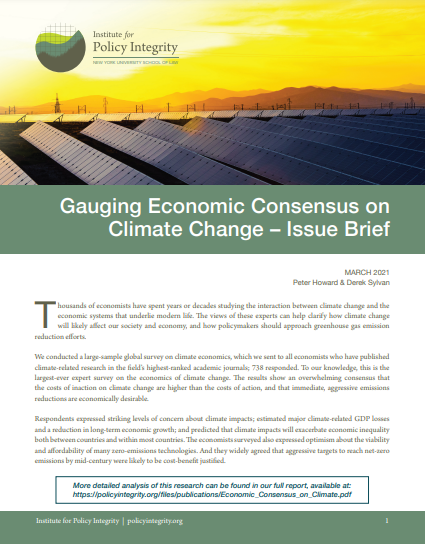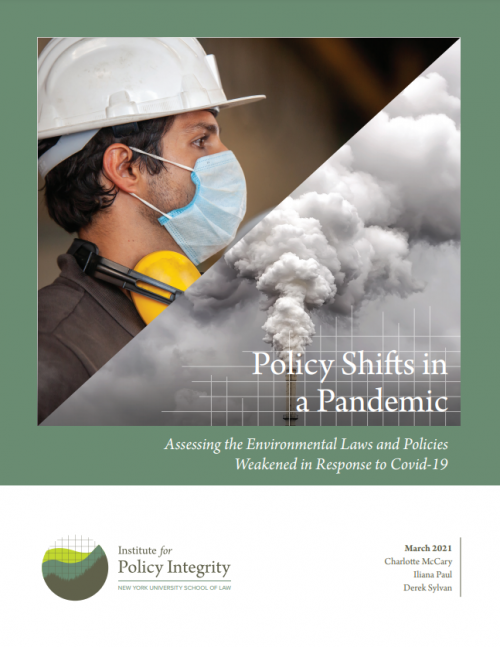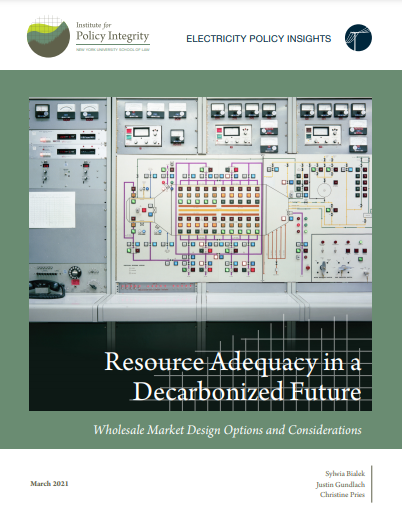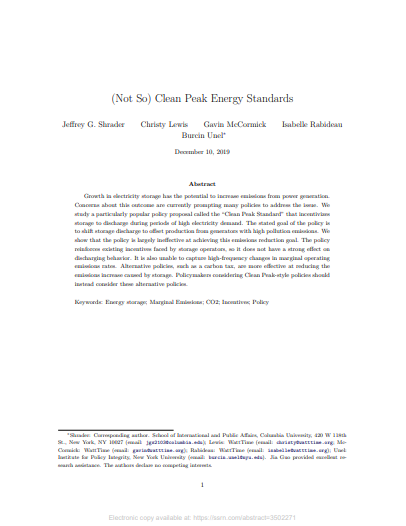-
Gauging Economic Consensus on Climate Change – Issue Brief
We conducted a large-sample global survey on climate economics, which we sent to all economists who have published climate-related research in the field’s highest-ranked academic journals; 738 responded. To our knowledge, this is the largest-ever expert survey on the economics of climate change. The results show an overwhelming consensus that the costs of inaction on climate change are higher than the costs of action, and that immediate, aggressive emissions reductions are economically desirable.
This Issue Brief highlights key takeaways from the survey. A more detailed report is available here.
-
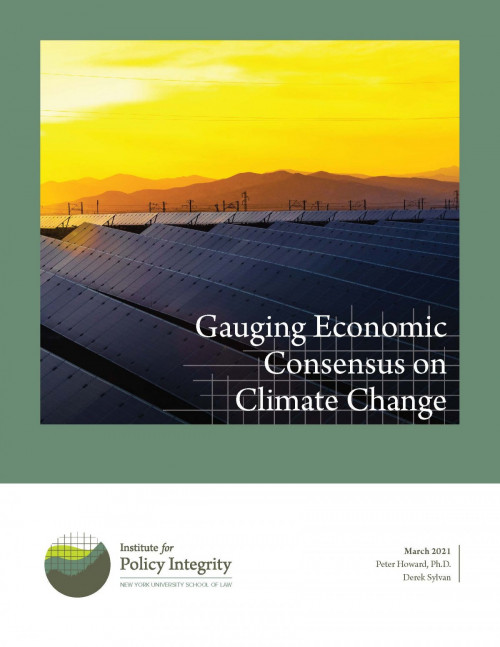
Gauging Economic Consensus on Climate Change
We conducted a large-sample global survey on climate economics, which we sent to all economists who have published climate-related research in the field’s highest-ranked academic journals; 738 responded. To our knowledge, this is the largest-ever expert survey on the economics of climate change. The results show an overwhelming consensus that the costs of inaction on climate change are higher than the costs of action, and that immediate, aggressive emissions reductions are economically desirable.
-
Policy Shifts in a Pandemic
Assessing the Environmental Laws and Policies Weakened in Response to Covid-19
The Covid-19 pandemic has led federal, state, and municipal policymakers to adopt a number of measures that suspended, delayed, or relaxed a variety of environmental safeguards. Our report analyzes these pandemic-related policy shifts and their impacts on public health and the environment. We also provide guidance on how agencies can increase transparency about these actions, counteract detrimental effects, and preemptively create guidelines to improve responses in a future emergency.
-
Resource Adequacy in a Decarbonized Future
Wholesale Market Design Options and Considerations
This report examines the relationship between resource adequacy and renewable energy. It explores the impacts of renewables on the functioning of resource adequacy mechanisms and how different resource adequacy approaches affect renewable investment, finding that current approaches—with certain adjustments—are capable of ensuring that the lights stay on during a future that is powered largely by renewable energy.
-
(Not So) Clean Peak Energy Standards
Growth in electricity storage has the potential to increase emissions from power generation. Concerns about this outcome are currently prompting many policies to address the issue. We study a particularly popular policy proposal called the “Clean Peak Standard” that incentivizes storage to discharge during periods of high electricity demand. The stated goal of the policy is to shift storage discharge to offset production from generators with high pollution emissions. We show that the policy is largely ineffective at achieving this emissions reduction goal. The policy reinforces existing incentives faced by storage operators, so it does not have a strong effect on discharging behavior. It is also unable to capture high-frequency changes in marginal operating emissions rates. Alternative policies, such as a carbon tax, are more effective at reducing the emissions increase caused by storage. Policymakers considering Clean Peak-style policies should instead consider these alternative policies.
Viewing all publications in Climate and Energy Policy

